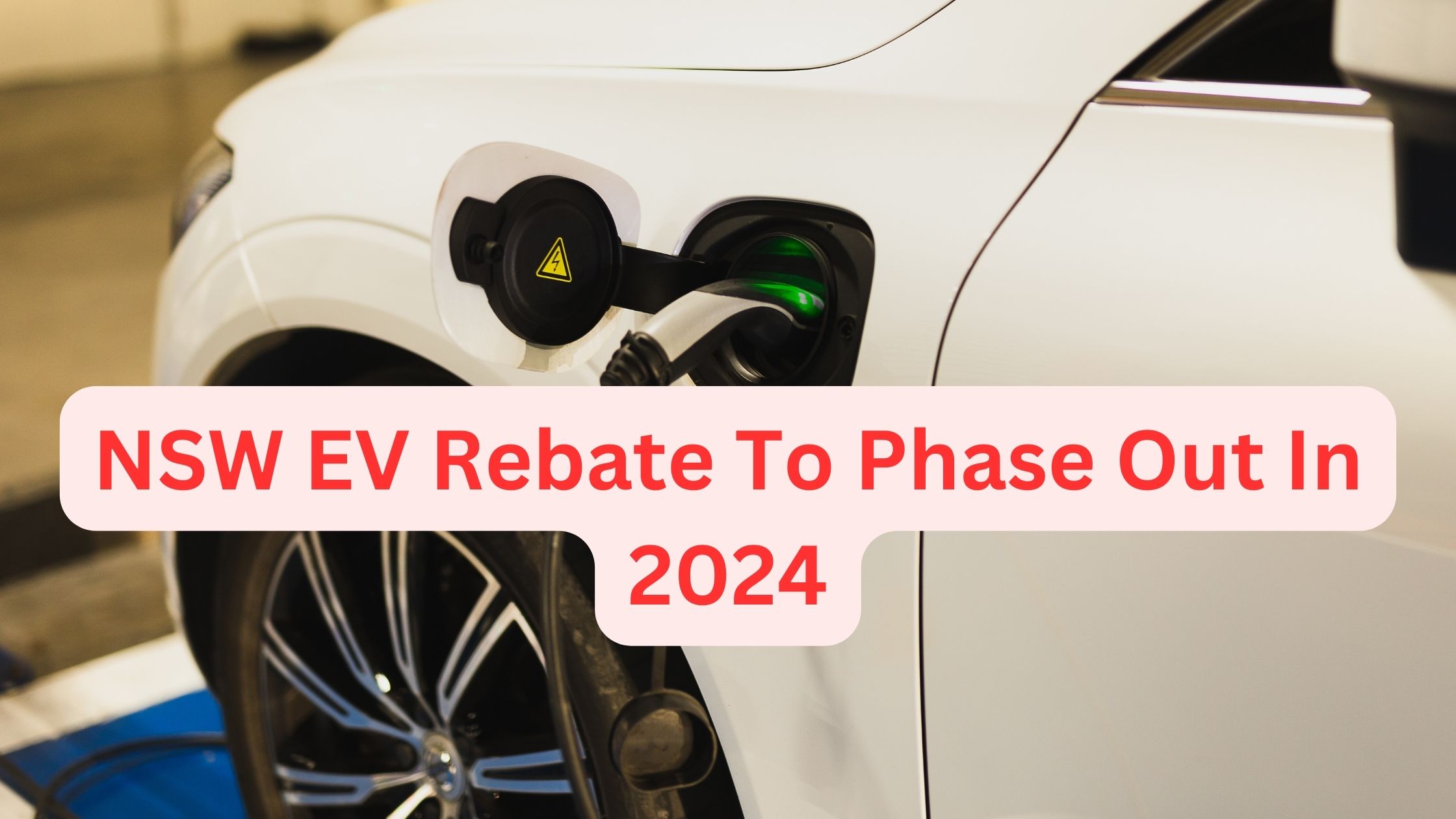
The NSW EV Rebate program, a pivotal initiative for encouraging the adoption of electric vehicles (EVs) in New South Wales, is set to phase out in 2024. This blog will explore the details of the rebate, its impact on the EV market, and what this phase-out means for prospective EV buyers in Sydney and the broader NSW region.
What is NSW EV Rebate?
NSW EV Rebate, introduced to accelerate the transition to electric vehicles, has provided substantial financial incentives to buyers.
Key Aspects of the Rebate:
- Rebate Amount: Eligible buyers have received rebates of up to $3,000 on new electric vehicles priced under $68,750.
- Stamp Duty Exemptions: The program also includes exemptions from stamp duty, offering further savings.
- Eligibility Criteria: To qualify, vehicles must meet specific criteria related to price, type, and energy efficiency standards.
Application Criteria
The NSW Government is offering $3,000 rebates for the first 25,000 new battery electric and hydrogen fuel cell vehicles with a dutiable value below $68,750.
To qualify for the rebate, you must register an eligible vehicle from September 1, 2021. Detailed guidelines, eligibility criteria, and application processes are available in the Electric Vehicle Rebate Guidelines.
Eligibility Criteria
NSW residents who purchase a new battery electric vehicle (BEV) or hydrogen fuel cell electric vehicle (FCEV) for personal use in NSW are eligible for the rebate.
Businesses or organizations with at least ten registered vehicles in NSW can also receive the rebate on a new BEV or FCEV for business use, with a minimum of two rebates available for eligible businesses.
The rebate is available for new BEVs and FCEVs with a dutiable value of less than $68,750.
Leasing agreements do not qualify for the rebate. The rebate applies to new cars in various categories, including passenger vehicles, sports utility vehicles, and light trucks/commercial vehicles.
Application process for NSW EV Rebate 2024
The NSW EV rebate application process began on November 1, 2021, and applicants must provide specific documents and information, including driving licenses, registration certificates, and proof of purchase.
Revenue NSW reviews applications and transfers the rebate funds to the applicant’s bank account. A total of 25,000 rebates are available, with updates on the number of rebates claimed published online and updated quarterly.
Separate applications are required for the rebate and stamp duty refund, though both can be submitted through a single online portal. This information is subject to change, so it is advisable to refer to the most recent government sources for the latest updates.
Impact of the EV Rebate in NSW
Since its inception, the EV rebate in NSW has significantly influenced the electric vehicle market:
- Increased EV Adoption: The financial incentives have made EVs more accessible, leading to a surge in sales and registrations.
- Environmental Benefits: By promoting cleaner transportation options, the rebate has contributed to reducing greenhouse gas emissions.
- Market Growth: The rebate has stimulated growth in the local EV market, encouraging manufacturers to introduce more models tailored to Australian consumers.
Why the NSW EV Rebate Phase-Out in 2024?
The decision to phase out the NSW EV rebate in 2024 stems from several factors:
- Market Maturity: As the EV market matures, the reliance on government incentives is expected to diminish. Increased consumer awareness and broader model availability are driving this transition.
- Policy Shifts: The phase-out aligns with broader policy shifts towards sustainable transportation infrastructure and investment in renewable energy sources.
- Budgetary Considerations: Phasing out the rebate allows for reallocation of funds to other sustainability initiatives and infrastructure projects.
What This Means for Prospective EV Buyers
If you’re considering purchasing an electric vehicle in Sydney or elsewhere in NSW, the phase-out of the EV rebate in 2024 has important implications:
- Time-Sensitive Opportunity: Prospective buyers should act quickly to take advantage of the rebate before it phases out. Purchasing an EV now can result in significant savings.
- Long-Term Benefits: Despite the rebate phase-out, the long-term benefits of owning an EV, such as lower operating costs and environmental impact, remain compelling reasons to make the switch.
- Alternative Incentives: Post-2024, other incentives and support mechanisms may still be available, including federal rebates, tax credits, and infrastructure grants.
Preparing for the Transition
As the countdown to the NSW EV rebate phase-out begins, here are some steps to prepare:
- Research and Compare Models: Evaluate different EV models to find one that meets your needs and budget. Consider factors like range, charging infrastructure, and maintenance costs.
- Financial Planning: Calculate the total cost of ownership, including potential savings from the current rebate and ongoing operational savings.
- Stay Informed: Keep an eye on policy updates and new incentives that may emerge as the phase-out approaches.
Conclusion
The NSW EV rebate has played a crucial role in driving the adoption of electric vehicles across the state. As this program phases out in 2024, prospective buyers in Sydney and NSW have a limited window to benefit from these financial incentives. By acting now, you can take advantage of the rebate, contribute to environmental sustainability, and enjoy the many benefits of owning an electric vehicle.
Also read:

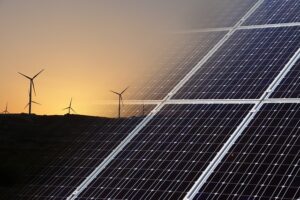
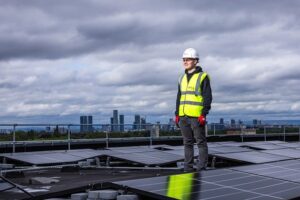
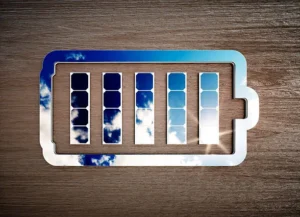
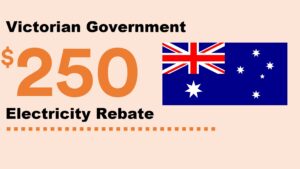
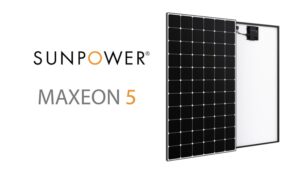
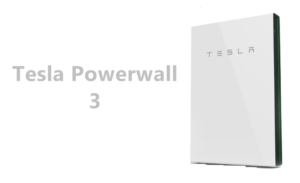
1 thought on “NSW EV Rebate To Phase Out In 2024”
Comments are closed.